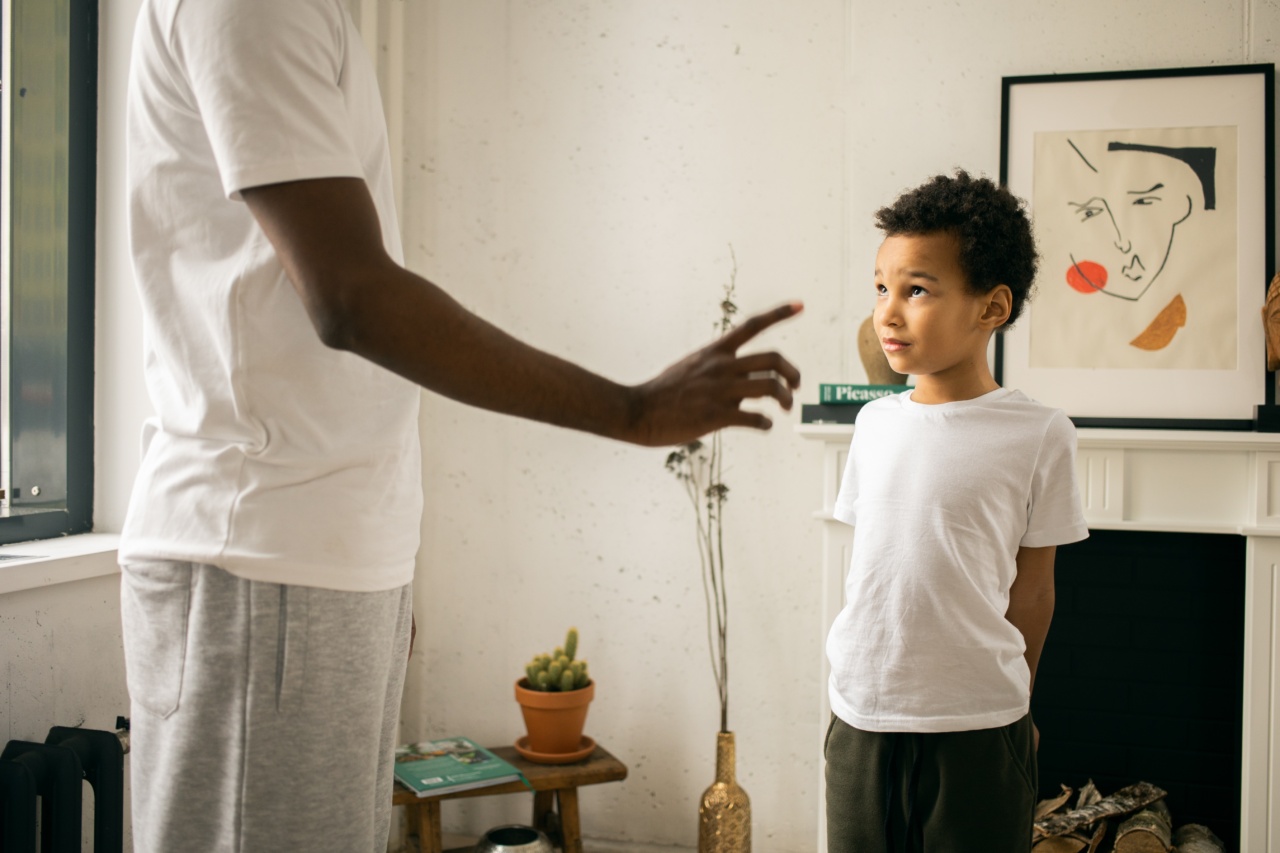Guilt is a powerful emotion that we all experience at some point in our lives. It can be a helpful guide in how we approach our behaviour and interactions with others.
Teaching our children how to feel guilt can help them develop a strong moral compass and a sense of responsibility for their actions. But is it a good idea to intentionally foster guilt in children? In this article, we’ll explore the ways guilt can be both beneficial and harmful to a child’s development.
The Benefits of Teaching Guilt
There are several benefits to teaching children how to feel guilt:.
1. Learning Responsibility
When children understand that their actions have consequences, they become more responsible for their behavior.
A child who feels guilt for lying to their parent is less likely to do it again, because they understand the negative impact it has on others and themselves.
2. Developing Empathy
Guilt can also help children develop empathy by understanding how their actions affect others. A child who feels guilty for hurting their friend’s feelings may be more likely to consider the feelings of others in the future.
3. Building Self-Reflection
Guilt encourages self-reflection, which is an important skill for personal growth. When a child feels guilty, they are more likely to take responsibility for their actions and reflect on what they could have done differently.
This can help them develop better decision-making skills in the future.
The Negative Effects of Guilt
While there are benefits to teaching children how to feel guilt, there are also some negative effects to consider:.
1. Excessive Guilt
Teaching a child to feel guilt can be harmful if it leads to excessive guilt. A child who feels guilty for every mistake they make may become overly critical of themselves, leading to low self-esteem and anxiety.
2. Unhealthy Shame
Guilt can easily turn into shame if children feel like they are fundamentally bad or flawed. This can lead to feelings of worthlessness and isolation, which can be damaging to a child’s self-esteem.
3. Avoiding Responsibility
Sometimes children may feel guilt for things that are not their fault.
This can make them feel responsible for things that are out of their control and may cause them to avoid taking responsibility for their own actions because they are afraid of feeling guilty.
How to Foster Healthy Guilt
While there are some negative effects of guilt, it is possible to foster healthy guilt in children:.
1. Focus on Behaviour, Not the Child
Instead of telling a child they are a bad person for their behaviour, focus on the behaviour itself.
For example, say “that was not a kind thing to do” instead of “you are a mean person.” This helps children understand that their actions can have negative consequences without feeling like they are a bad person.
2. Encourage Self-Reflection
Instead of punishing a child for bad behaviour, encourage them to reflect on their actions and consider how they could have done things differently. This helps them take responsibility for their actions and learn from their mistakes.
3. Avoid Excessive Guilt
While it’s important for children to feel guilt when they’ve done something wrong, it’s also important to avoid excessive guilt.
Encourage children to see mistakes as an opportunity to learn and grow, rather than a reflection of their worth as a person.
Conclusion
Teaching children how to feel guilt can be beneficial in helping them develop a strong moral compass and sense of responsibility. However, it’s important to consider the negative effects of guilt and to foster healthy guilt in children.
By focusing on behaviour instead of the child, encouraging self-reflection, and avoiding excessive guilt, we can help children develop a healthy relationship with guilt and use it as a tool for personal growth.




























